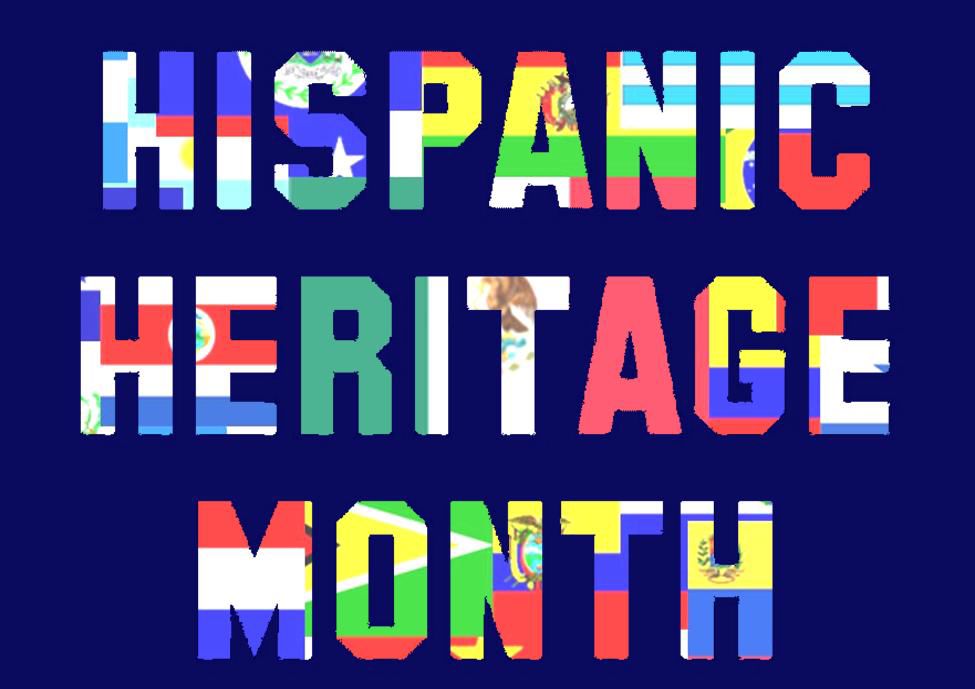Reading, Pa. – In celebration of National Hispanic Heritage Month, Albright College will present the World Languages Film Festival throughout September and October. The festival is free and open to the public.
Five Spanish-language films and one Caribbean French-language film will be screened. All films will be shown in Albright’s Klein Lecture Hall beginning at 7 p.m., and will be followed by a discussion with College faculty members and staff on themes and issues unique to Latin America and universal to the human experience.
Hosted by Albright’s Department of Modern Foreign Languages and Literatures, the festival is partially sponsored by a grant from the Spanish Film Club by PRAGDA, an organization that, according to its website, helps schools “bring the very best in contemporary Spanish and Latin American cinema to campuses with the aim of introducing students to the language and cultures of these territories.”
National Hispanic Heritage Month runs from Sept. 15 to Oct. 15.
The following films will be screened:
Sept. 18, 3 bellezas/3 Beauties. Directed by Carlos Caridad Montero (2014, 97 minutes). Perla is fixated on having her two daughters reach the goal she never achieved—being a “Miss,” a beauty queen—at the expense of her son, whom she ignores, and the daughters themselves, whom she turns into bitter rivals. This biting and dark comedy brings into sharp focus both Venezuela’s overblown beauty pageant industry and our own obsessions about parental expectations and body image. In Spanish and Portuguese with English subtitles. Amanda Hanincik, M.S., assistant dean of students; Samantha Wesner, M.S.N., C.R.N.P., R.N.C., associate dean of students/director of Gable Health Center; and Janice Rodríguez, M.A., instructor of Spanish, will lead a brief Q&A after the film.Sept. 26, También la lluvia/Even the Rain. Directed by Icíar Bollaín (2011, 104 minutes). In this film within a film, a Spanish acting company arrives in Cochabamba, Bolivia, to shoot a movie about Christopher Columbus’s voyage to the Americas and the European exploitation of the indigenous people. But their work is interrupted by violent protests by their locally hired film extras, and they’re drawn into the conflict. Even the Rain, based on real-life events that followed Bolivia’s sale of water rights to multinational companies, blurs lines between past and present, fiction and reality. It poses the important question: Who owns water? In Spanish and Quechua with English subtitles. David Osgood, Ph.D., professor of biology, and Lennie Amores, Ph.D., assistant professor of Spanish, will lead a brief Q&A after the film.Oct. 4. Guaraní. Directed by Luis Zorraquín (2015, 85 minutes). Eleven-year-old Iara accompanies her grandfather Atilio on a road trip from Paraguay to Buenos Aires, Argentina. Their objective: find the mother who abandoned her—now pregnant again—so that Atilio can try to convince her to come home, where he can teach his future grandson his language and traditions. In this road movie, Iara needs to confront questions of identity and family. In Guaraní and Spanish with English subtitles. Carlos Dimas, Ph.D., assistant professor of history and Latin American Studies, and Karen Jogan, Ph.D., professor of Spanish, will lead a brief Q&A after the film.Oct. 10. Pelo malo/Bad Hair. Directed by Mariana Rondón (2013, 93 minutes). Nine-year-old Junior is desperate to straighten his long, curly hair before school picture day. His mother sees his hair as a painful reminder of her long-gone man and a warning about Junior’s future. Shot in a gritty, realistic style, this film explores racism, sexuality, and the sacrifices we make to conform. In Spanish with English subtitles. Katherine Lehman, Ph.D., associate professor of communications, and Andrea Olivares Beltrán, M.A., visiting instructor of Spanish, will lead a brief Q&A after the film.Oct. 19. Aquí y allá/Here and There. Directed by Antonio Méndez Esparza (2012, 110 minutes). After many years working in the United States, Pedro returns home to rural Mexico to be with his wife and daughters. Will he realize his dream of becoming a musician, or will harsh economic realities demand sacrifices he won’t—or can’t—make? In Spanish with English subtitles. Elizabeth Kiester, Ph.D., assistant professor of sociology, and Janice Rodríguez, M.A., instructor of Spanish, will lead a brief Q&A after the film.Oct. 23. Le bonheur d’Elza/Elza’s Happiness. Directed by Mariette Monpierre (2011, 78 minutes). A recent college graduate living in Paris defies her mother by returning to her native Guadeloupe, a French Caribbean island, to search for her father. The film examines complicated family relationships, western beauty ideals and colorism that influence one’s self-image. The beautiful island landscapes and carefully crafted music build a narrative that will pique one’s curiosity about the West Indies. In French with English subtitles. Arcana Albright, Ph.D., associate professor of French, will lead a brief Q&A after the film.




